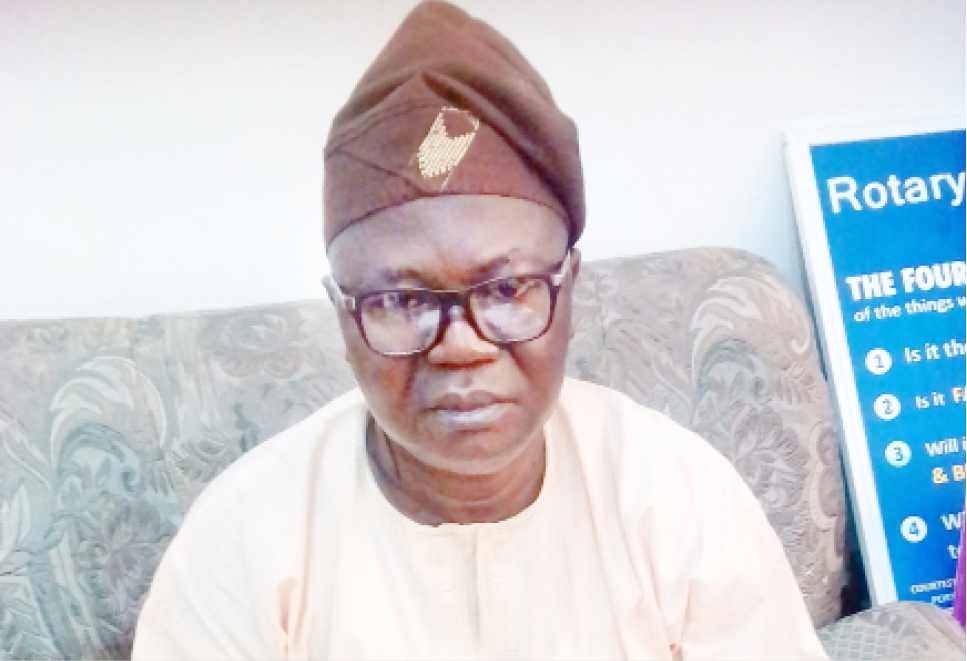The Federal Government of Nigeria, on Thursday, agreed to release N30bn earned academic allowance to the university lecturers.
It was gathered that the money would be paid in tranches between May 2021 and January 2022.
- ASUU strike boosting EndSARS protests, FG laments
- IPPIS: FG considers ASUU’s request, subjects UTAS to integrity test
The government, it was learnt, also pledged to spend N20bn on the revitalisation of the education sector as part of concessions meant to end the seven-month strike declared by the Academic Staff Union of Universities.
These were part of the agreements reached during the meeting between the FG and ASUU leadership on Thursday.
The academics, however, insisted that payment of their outstanding salaries could be made through GIFMIS before full implementation of UTAS, but the government insisted on IPPIS.
Meanwhile, the union directed all his members to reject IPPIS officials reportedly coming to various campuses on Monday for biometric data capturing of its members.
An official letter, signed by ASUU President, Biodun Ogunyemi, sent to all zonal coordinators and all its members, reiterated that the union would not jeopardize the ongoing critical engagement with federal government.
The letter partly read, “We have received information that IPPIS officials from the Office of the Accountant-General of the Federation will be visiting campuses as from Monday 19th October, 2020, for biometric data capture of academics.
“All ASUU members should have nothing to do with them. Fact-Check by ASUU with the figures from the OAGF has proven the claim that our members are trooping to enroll in the IPPIS in Abuja as false.
“The enrolled number is inconsequential.
“The leadership of our great Union is fully aware of the hardship the non-payment of salaries by the Accountant-General and other forms of intimidation by over-zealous Vice-Chancellors have unleashed on our membership and we are leaving no stone unturned to redress the situation.
“Therefore, all members of ASUU should STAY AWAY from anything related to IPPIS; so as not to jeopardize the ongoing critical engagement with the Federal Government.”

 Join Daily Trust WhatsApp Community For Quick Access To News and Happenings Around You.
Join Daily Trust WhatsApp Community For Quick Access To News and Happenings Around You.


